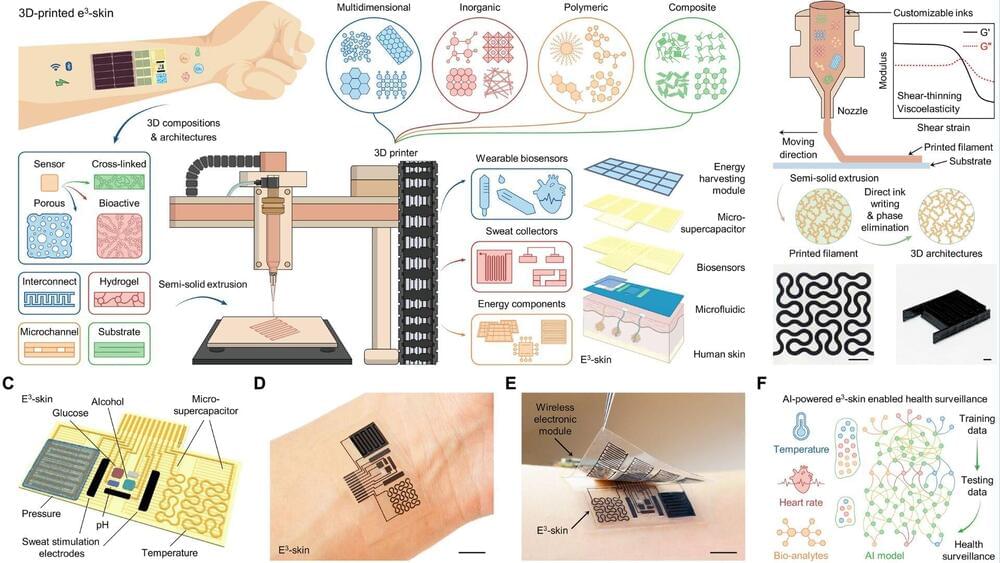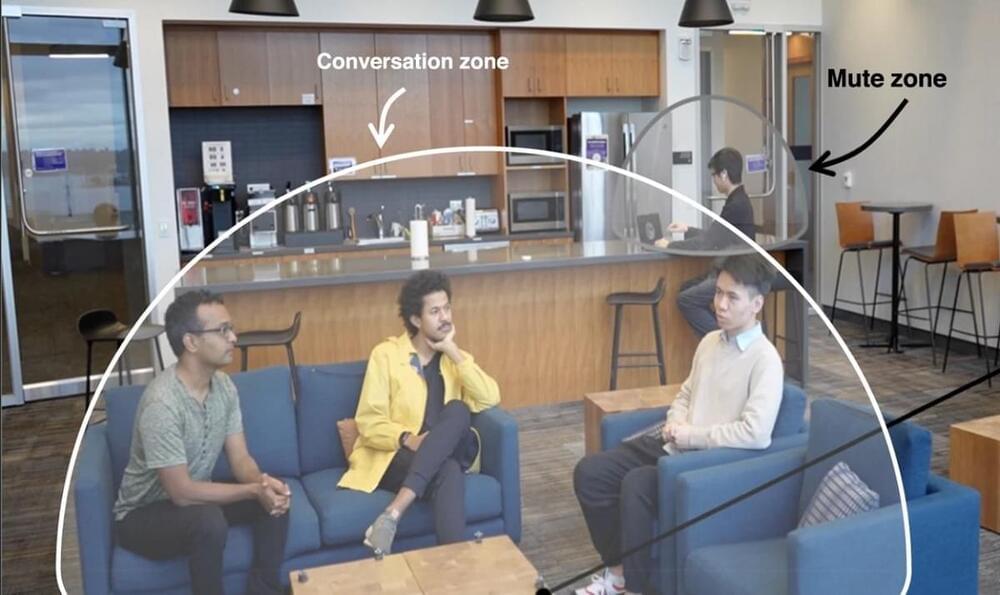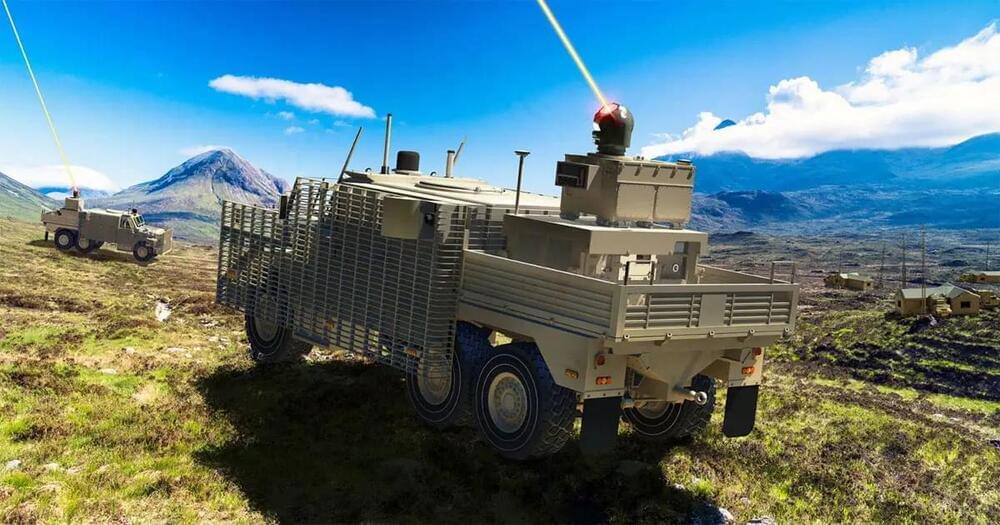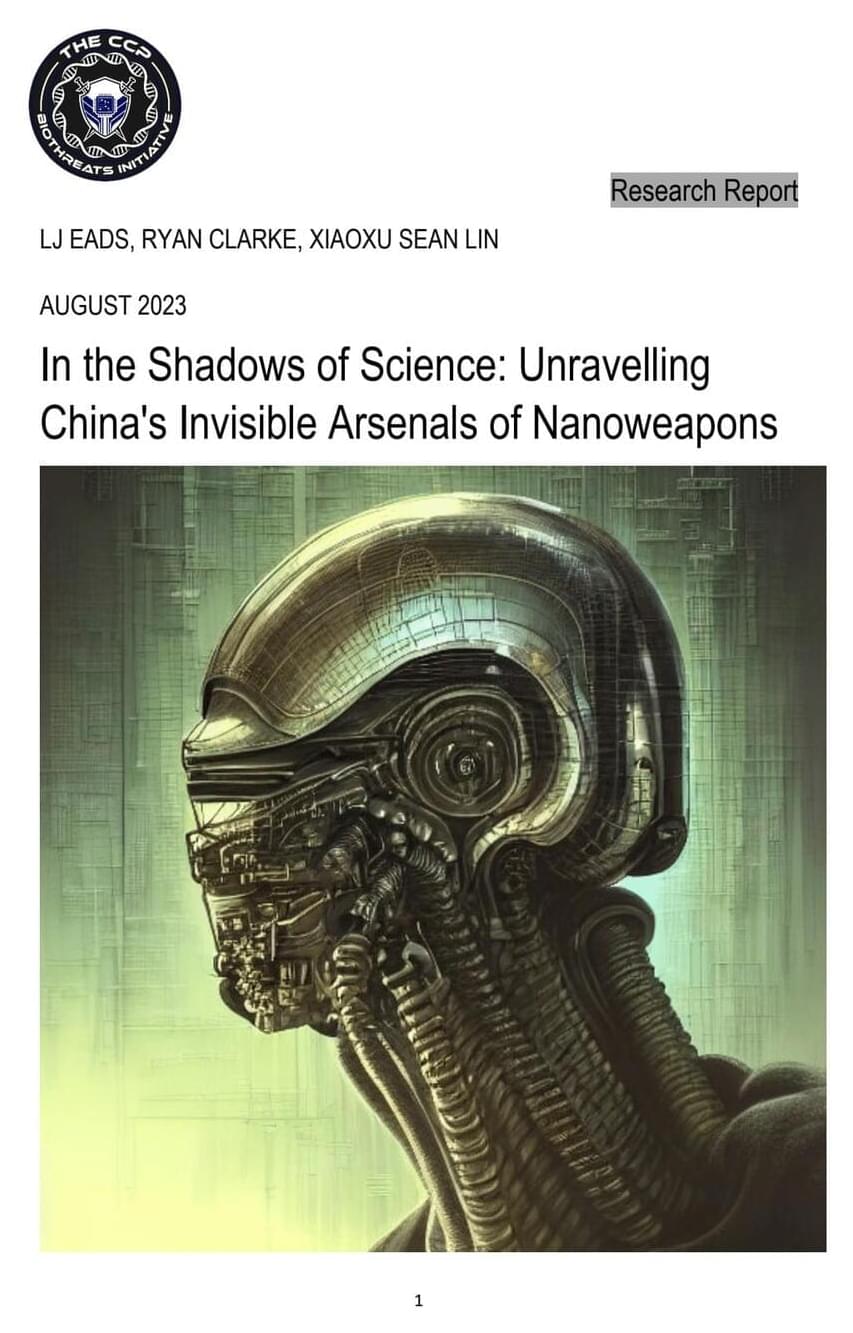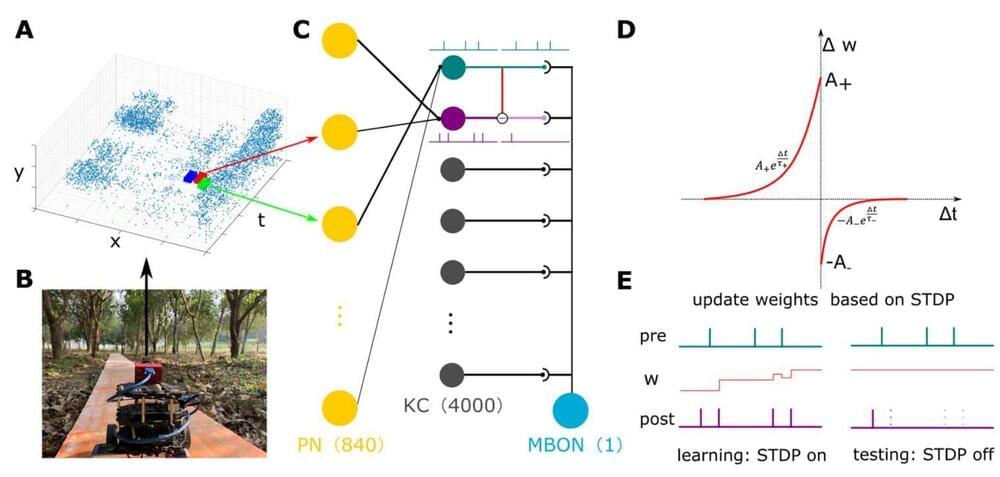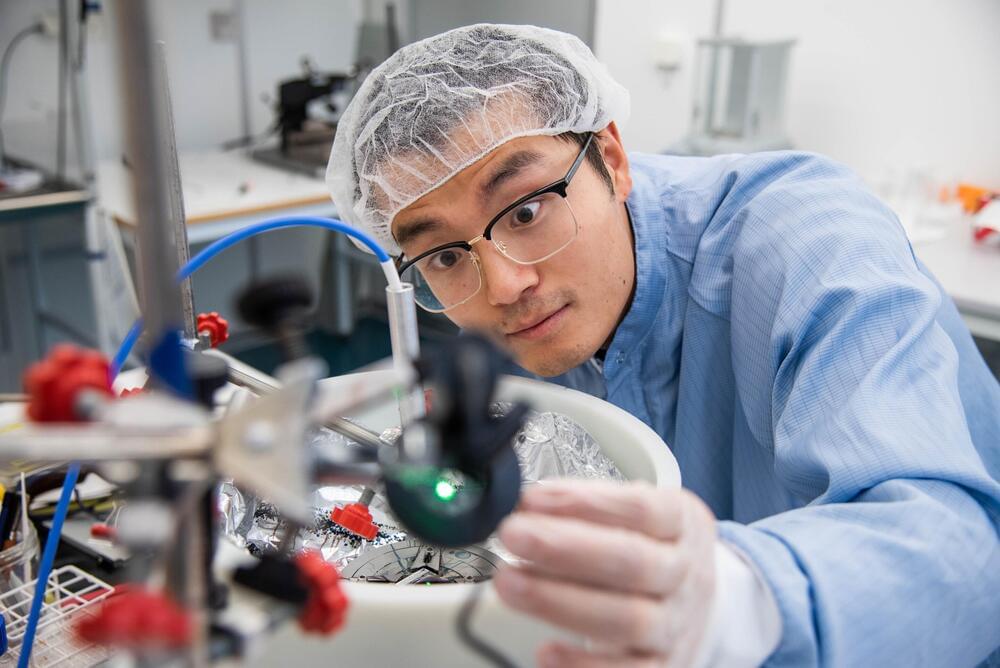Is there an 8-dimensional “engine” behind our universe? Join Marion Kerr on a fun, visually exciting journey as she explores a mysterious, highly complex structure known simply as ‘E8’–a weird, 8-dimensional mathematical object that for some, strange reason, appears to encode all of the particles and forces of our 3-dimensional universe.
Meet surfer and renowned theoretical physicist Garrett Lisi as he rides the waves and paraglides over the beautiful Hawaiian island of Maui and talks about his groundbreaking discovery about E8 relates deeply to our reality; and learn why Los Angeles based Klee Irwin and his group of research scientists believe that the universe is essentially a 3-dimensional “shadow” of this enigmatic… thing… that may exist behind the curtain of our reality.
ENJOY THE MOVIE! and SHARE IT!
Main film credits:
Host: Marion Kerr.
Written, Directed and Edited by David Jakubovic.
Director of Photography: Natt McFee.
Lead animator: Sarah Winters.
Original Music by Daniel Jakubovic.
Rerecording mixer: Patrick Giraudi.
Line Producer: Piper Norwood.
Executive producer: Klee Irwin.
Producers: David Jakubovic, Stephanie Nadanarajah.
Also starring Daniel Jakubovic as Agent Smooth.
VISIT THE QGR WEBSITE: http://www.quantumgravityresearch.org.
